Understanding Crude Oil Distillation Equipment
Crude oil distillation equipment is a cornerstone in the petroleum industry, serving as the initial step in processing crude oil into various usable products. This complex apparatus is designed to separate the mixture of hydrocarbons present in crude oil into distinct components based on their boiling points. The process typically occurs in a crude oil distillation column, where the separation of liquids and vapors takes place, enabling the collection of different fractions that form the basis for fuels and other petroleum products.
Types of Crude Oil Distillation Units
There are several types of distillation units utilized in the industry, each serving a specific purpose. The atmospheric distillation unit (ADU) operates at atmospheric pressure and is often the first stage in the refining process. For heavier fractions that require lower pressures, a vacuum distillation unit in refinery settings is used to prevent thermal cracking. The crude vacuum distillation unit complements the ADU by processing residues from the atmospheric process, further separating heavier hydrocarbons.
Applications and Features
The application of crude oil distillation equipment extends across various sectors. In power generation, for instance, the crude oil distillation plant ensures transformer oil is devoid of contaminants. In the shipping and automotive industries, these systems are integral to maintaining machinery through the purification of lubricants. Features of these systems vary, with some units designed for static installation, while others are mobile, catering to on-site maintenance needs. The versatility of these units is evident in their ability to handle different flow rates and oil types, ensuring adaptability to specific industrial requirements.
Materials and Advantages
Constructed from robust materials capable of withstanding corrosive substances and high temperatures, crude oil distillation towers and columns are engineered for durability. The use of high-grade steel and alloys in oil distillation towers ensures longevity and reliability. The advantages of employing such equipment include the maximization of resource efficiency, reduction of waste, and contribution to sustainable operations by recycling used oils into valuable commodities.
Choosing the Right Equipment
Selecting the appropriate crude distillation unit requires consideration of several factors, including the type of oil to be processed and the desired end products. Units vary in size, from compact oil distillation units suitable for smaller operations to large-scale CDU crude distillation units for industrial applications. Prospective buyers should assess the specifications of each model, considering mobility and capacity to ensure the equipment meets their operational needs.
Environmental Impact and Sustainability
Modern crude oil distillation units are designed with sustainability in mind. By converting waste oil into biodiesel and other products, these systems play a pivotal role in reducing emissions and promoting environmental responsibility. The integration of a crude oil distillation tower within recycling operations underscores the industry's commitment to eco-friendly practices and the efficient use of resources.





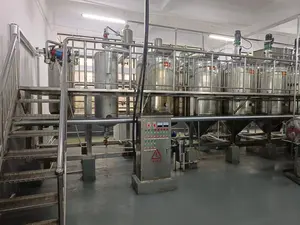







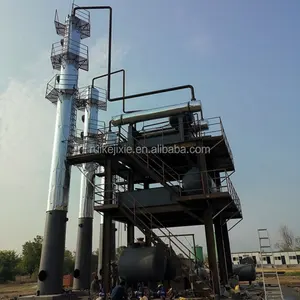










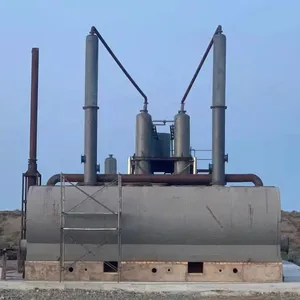





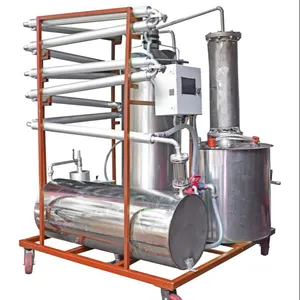





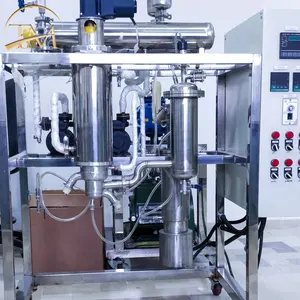

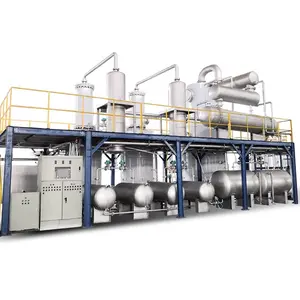
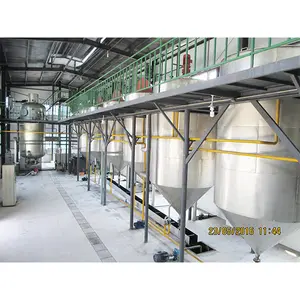
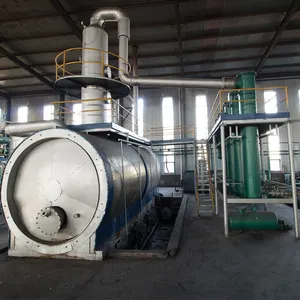



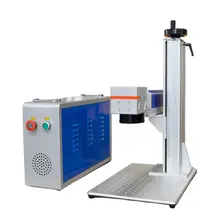
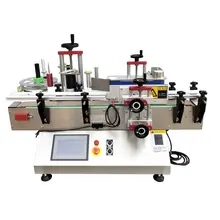





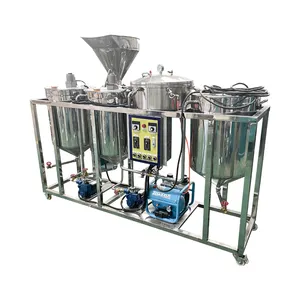
























 浙公网安备 33010002000092号
浙公网安备 33010002000092号 浙B2-20120091-4
浙B2-20120091-4